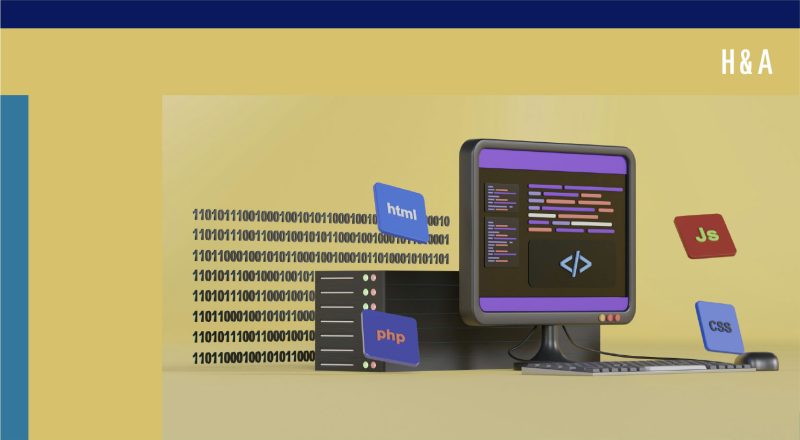In M&A transactions, it is common for buyers and sellers to struggle to agree on the company’s valuation. This is particularly the case for early-stage technology companies, where different valuation methods and approaches, diverging growth projections, and the lack of comparable transactions can significantly widen the gap between the parties’ expectations. One method frequently used […]
The ‘Techno-Entrepreneurship Badge’ Program Has Been Launched
As of July 3, 2025, a new regulation has entered into force in Turkey establishing the Techno-Entrepreneurship Badge. This designation confirms that a startup operates with a technology and innovation-based, scalable business model. The badge is expected to become an important signal of credibility and growth potential for tech-oriented companies. Application Criteria for the Techno-Entrepreneurship […]
Protecting Your Startup’s IP: Building a Chain of Title from Day One
A chain of title is a record which shows all the transfers and the history of ownership and right holding in relation to the intellectual property, starting from the initial owner to the actual owner or right holder. The reason it is called a chain of title is that all transactions in relation to the […]
What is Convertible Debt as a Method of Quick Access to Finance?
There is no doubt that gaining access to investment is crucial for startups, but equally vital is accessing it swiftly. In investment rounds, parties must agree on both the company’s valuation and lengthy investment agreements, which often prolongs the process. Valuing startups, particularly in their early stages, is challenging, yet determining the company’s value is […]
What is the Difference between the Premium Share Price Paid by the Investor and the Nominal Value of a Share and How is it Calculated?
The initial capital of a company denotes the total amount invested in the company at the time of its incorporation. In Turkey, the minimum capital required to establish a joint-stock company (Anonim Şirket) is TL 250,000. This initial capital is divided into shares, which are then allocated to the founding shareholders in proportion to the […]
Key Elements of Legal Due Diligence
The standard M&A deal usually commences with the formalisation and signing of a letter of intent and a non-disclosure agreement. Following this, a data room is assembled in alignment with the buyer’s legal due diligence checklist. Concurrently, negotiations on transaction documents ensue, driven by insights gained through the due diligence process. For the buyer, the […]








